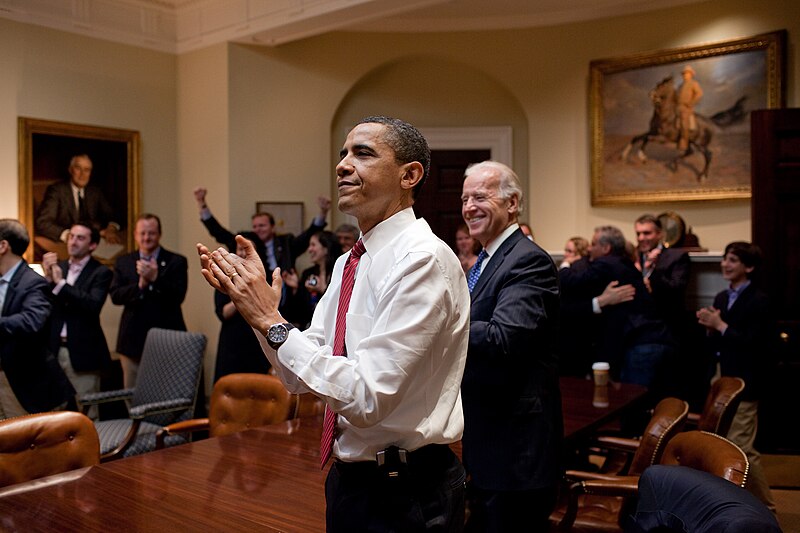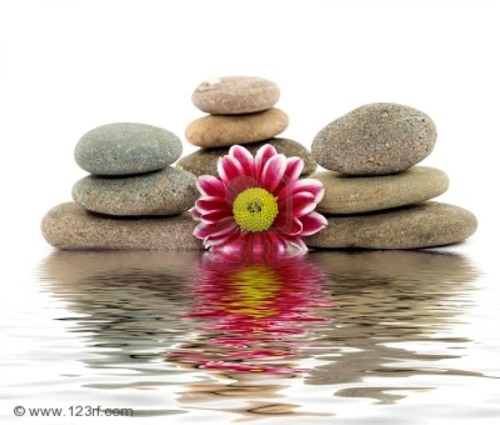Speaking of Superwoman, today at Framingham State University Stephanie Coontz is coming to campus: that is a highlight! A low light this week, feels like, is the airing of Waiting for Superman – that’s the anti-teachers union documentary that pulls heartstrings, and, as Diane Ravitch discusses in the New York Review of Books, misrepresents a lot about charter schools and teachers unions. A column in the NYRB, no matter how smart, doesn’t have the emotional impact of a documentary. Ravitch summarizes the American disappointment in education that underlies the film, and notes,
At last we have the culprit on which we can pin our anger, our palpable sense that something is very wrong with our society, that we are on the wrong track, and that America is losing the race for global dominance. It is not globalization or deindustrialization or poverty or our coarse popular culture or predatory financial practices that bear responsibility: it’s the public schools, their teachers, and their unions.
I’m banking on some grounded dialogue at my school on Waiting for Superman that can overcome the intense manipulation we’ve been receiving these days regarding the public sector and teachers. You can check out the American Federation of Teachers site on this topic. And Not Waiting for Superman recently has provided considerable material related to the war in Wisconsin; “Not Waiting” was founded by Rethinking Schools “to talk back to the film and support efforts by teachers, students, and parents to improve and preserve public education.”
Here’s the concern about WFS: As Ravitch notes about the film’s celebration of the success of charter schools:
Some fact-checking is in order, and the place to start is with the film’s quiet acknowledgment that only one in five charter schools is able to get the “amazing results” that it celebrates.
She goes on regarding the function of such a film,
Why propound to an unknowing public the myth that charter schools are the answer to our educational woes, when the filmmaker knows that there are twice as many failing charters as there are successful ones? Why not give an honest accounting?
I don’t know the answer. But here’s the deal: there is a discourse of going after teachers, and teachers are disproportionately women. As part of the ongoing “war on the public sector” that I wrote about last month, the anti-union rhetoric in general seems all mixed up with anti-woman sentiments. Women make up a higher percentage of public sector unions overall, and especially teacher unions. According to 2010 data from the Current Population Survey analyzed for GWP by the Center for Economic and Policy Research, women were 56 percent of all unionized public sector workers. For more information see CEPR’s state by state review of public sector union participation. You can see a girlwpen dialogue on the benefits of unions to women here.
I am not waiting for Superwoman. I already know a lot of Superwomen–and Supermen, my fellow teachers.
–Virginia Rutter



 When my dear friend and beloved colleague Gloria Feldt invited me to write a guest post for the
When my dear friend and beloved colleague Gloria Feldt invited me to write a guest post for the Hooking up is getting lots of
Hooking up is getting lots of 